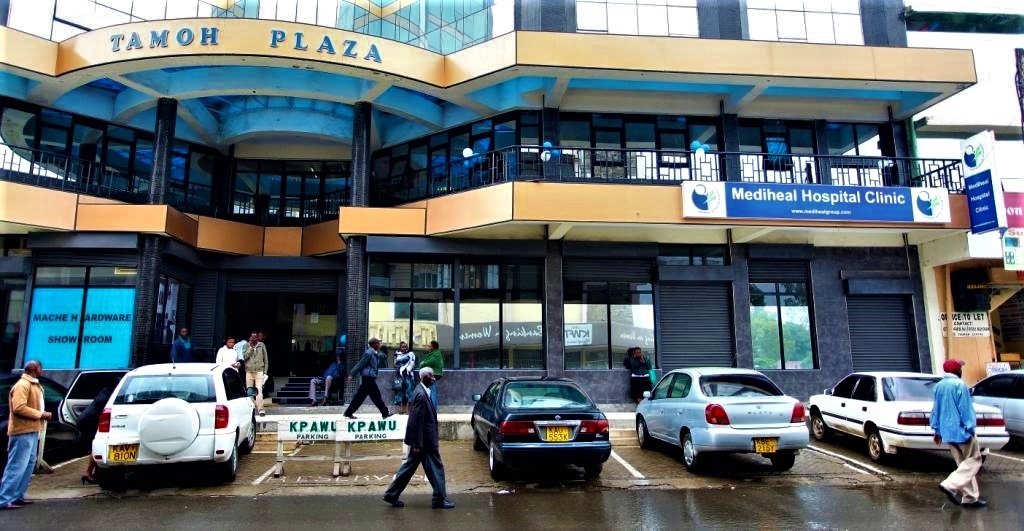
COVID-19 impacts treatment of other ailments in Africa

Prevention and treatment services for non-communicable diseases have been severely disrupted since the genesis of the novel coronavirus pandemic.
Many people who need treatment for diseases like cancer, cardiovascular disease and diabetes have not been receiving the health services and medicines they need.
CGTN’s Daniel Arap Moi reports that the COVID-19 pandemic and non-communicable diseases have brought to the fore a deadly interplay.
Services have become increasingly disrupted as African countries move from sporadic cases to community transmission of the coronavirus.
DR. Samrat Shahmrat, Medical Director, Mediheal Hospital Nairobi says: “Because of COVID-19 there is a bigger impact on all other diseases, we call then non-communicable diseases especially you know the highest mortality rate in today’s world is because of non-communicable diseases even in Africa by 2021, that is next year, its being said that the biggest cause of death will not be the infection but the non-communicable diseases like diabetes, hypertension and other diseases like cancer and respiratory illness.”
According to the latest survey released by W.H.O, the impact is global, but low-income countries are the most affected.
Many African countries are reportedly experiencing disruption in services for hypertension treatment; with 49% of treatment for diabetes and diabetes-related complications; 42% for cancer treatment, and 31% for cardiovascular emergencies.
“Because of COVID-19, most hospitals are taking COVID cases and then it’s a bigger impact on patients with already other complications like diabetes, hypertension or any other kind of cancer for that matter. We are not able to admit them because of having COVID-19 cases in the hospital because they are more vulnerable to get cases of corona,” Dr. Shah added.
Doctors say it will take some time before countries know the full extent of the impact of disruptions to health care during the COVID-19 pandemic on people with non-communicable diseases.
“What remains clear is that not only are people with non-communicable diseases more vulnerable to becoming seriously ill with the virus, but many are unable to access the treatment they need to manage their illnesses,” Arap Moi concludes.






